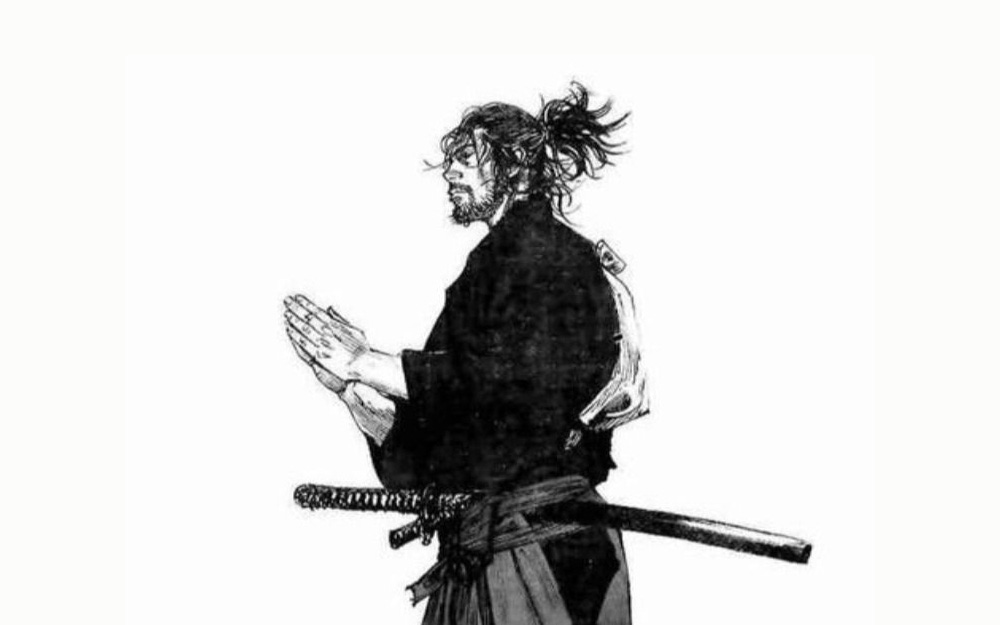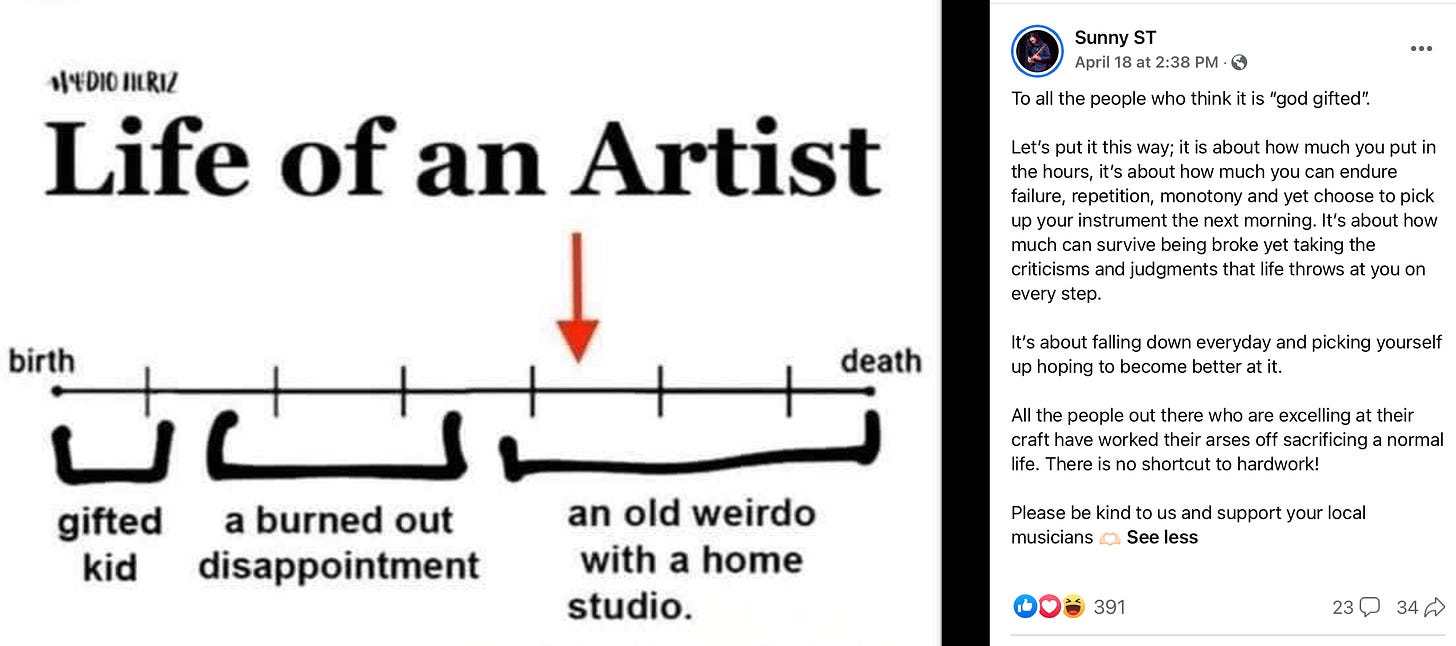Three Musashi Quotes to Internalize
Lessons on learning from this Japanese Samurai Warrior turned a Philosopher.
I came across the name “Miyamoto Musashi” in a podcast with Lex Fridman and John Danaher when they were talking about philosophical perspective of martial arts, pursuit of excellence, and the way of a warrior.
I am a huge samurai movies fan and I have a deep fascination on samurai warriors, their way of lives, and their philosophy. So immediately I started looking for Miyamoto Musashi. Found a couple of books he’s written. The Book of Five Rings is his master piece. And, also found an instagram profile on his teachings (wordsofmusashi).
Disclaimer: Since I’m looking at the world from the “how learning happens” framework, I admit that I have developed a confirmation bias towards stuffs that I find interesting, intriguing, and fascinating. So much so that every Musashi quote for me looks like a lesson in how we learn.
In this post, let me share three of Musashi quotes and a little bit of my own interpretation.
Quote 1:
“A man cannot understand the art he is studying if he only looks for the end result without taking the time to delve deeply into the reasoning of the study.”
My interpretation:
End result =
The end result perspective of learning is the learning for instant gratification, instant learning, instant application, instant utility. Learning only focused on the final outcome.
I find the current education trapped in the insistence of gaining “end result”.
The current push towards teaching skills so that students/learners start solving problems right away. Skills without depth. Skills without foundation.
Reasoning =
a. The "why" of any learning. It could be motivation. Interest. Challenge. Exploration.
b. Reasoning also means the underlying logic of any domain. The core principles of the subject. The foundations. The rules of physics. The grammatical structure of a language. The way one domain is intertwined with the other.
And by nature, developing sound reasoning takes time.
So, like Miyamoto says, a complete learning (or understanding) of any subject is the result of not just looking for the end result, but also exploring into the depth to find the structure, logic, and rules - which are naturally invisible to a learner.
What's the takeaway for teachers?
Yes, talk about the importance of end result but focus heavily on building the reasoning part first.
And, the takeaway for learners?
Instant result is quite motivating sometimes, but most of the times that motivation is not durable. It fades away. Knowing that, make your own decision.
In the initial phase of the learning, focus on the process/reasoning.
In the application phase of the learning, focus on the outcome/end result.
Quote 2:
“A thousand days of training to develop, ten thousand days of training to polish.”
My interpretation:
The law of learning is universal across all domains.
Experience then Reflect
Consume then Create
Assimilate then Accommodate
From learning language to learning any martial arts.
From learning mathematics to learning any sports.
From learning fiction to learning life.
Imitate first. Create then. And, innovate.
Master the foundations first. Be creative then.
Know the rules. Obey the rules. Then, break the rules.
Learning is effortful.
Learning takes time.
And, learning is unpredictable.
Only in the fluffy narrative of idealism, learning just happens magically. And every students just become creative. And every one of them start thinking critically - just out of nowhere.
A thousand days to learn the fundamentals.
A ten thousand days to refine the fundamentals.
Here’s Jindabaad’s Sunny Tuladhar, one of the finest guitarists from Nepal the world has ever seen, talks about him being “talented” is all about those thousand days of learning the fundamentals, and ten thousand days of refinement (and sacrifices).
Quote 3:
“The purpose of today’s training is to defeat yesterday’s understanding.”
My interpretation:
Question. Question. Question.
Question your own learning, belief, assumption.
Learn. Unlearn. Relearn.
Then, do it all over again. It’s not a circular process, but it’s like a spiral.
With each iteration, you move up into a higher dimension of abstraction. From concrete to abstract. From details to meaning. From facts to theories.
Another major insight: keep training everyday. Keep learning everyday.
To recap:
Quote 1: Understand the reason, then aim for the end goal.
Quote 2: Learning takes time and effort. There’s no shortcut.
Quote 2: To learn more, question your prior learning.
Like I said, all I can interpret these is from the learning angle. Forgive me for my obsession. If you found this helpful or interesting, please comment or share.
From the archives:
Just like samurai warriors, musicians also learn through the similar process. Read this post in which a guitar virtuoso explains the concept of practicing (the science part) and performing (the art part).









I love this post. I hope you don't mind if I add two more of my favorite Musashi quotes on learning:
1. From one thing, know ten thousand things.
2. The teacher is as a needle, the disciple is as thread. One must practice ceaselessly.
I appreciate how you have connected these quotes to learning, as I hadn't considered them from that perspective before. Previously, I had only thought about these quotes in a philosophical manner. Great! :-)